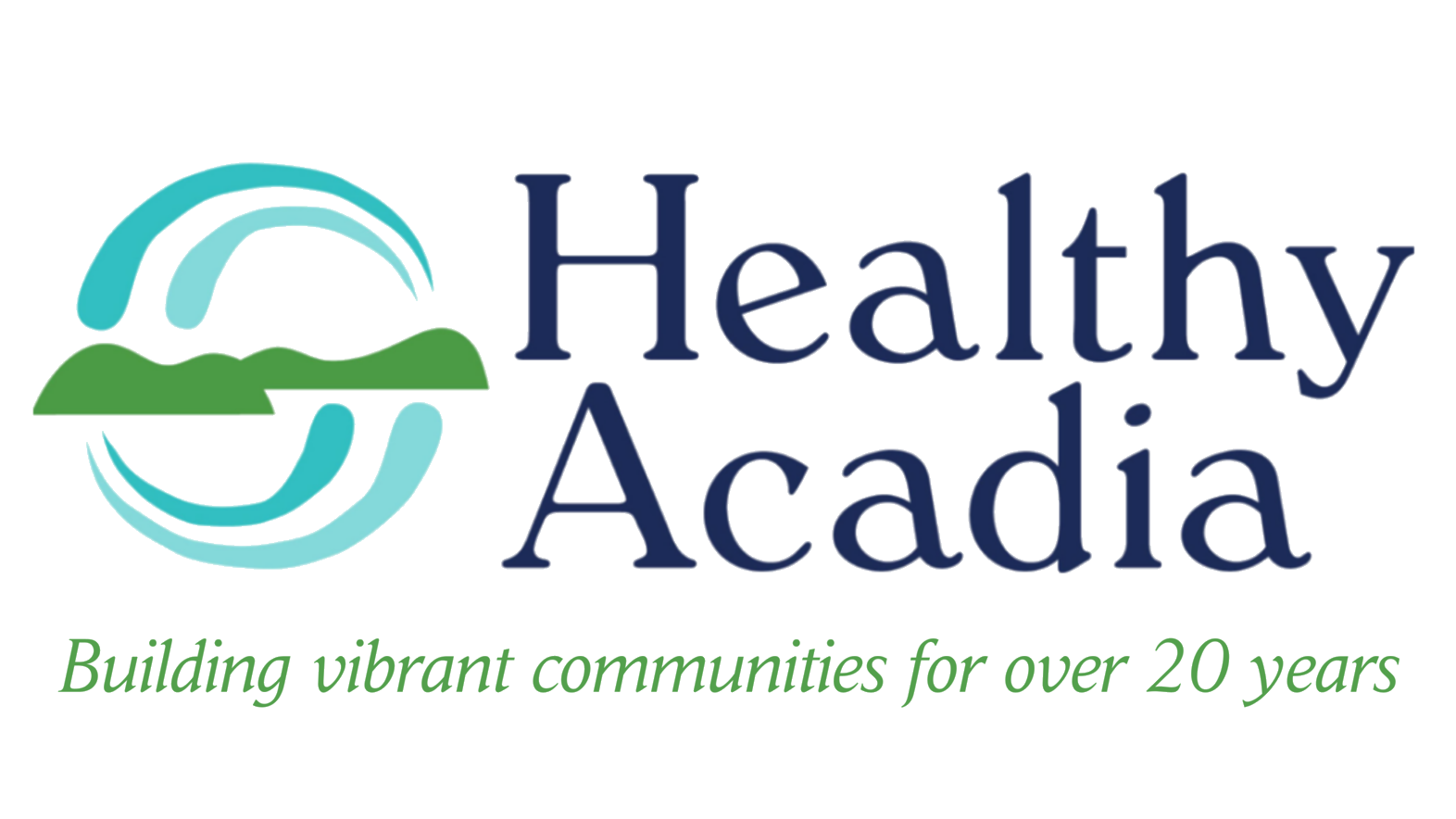Eastern AHEC Rural Health Immersion - Student Reflections: Theodora Stanley
Healthy Acadia has served as Maine’s Eastern Area Health Education Center (AHEC) since 2023. Our service area includes Washington, Hancock, Waldo, and Knox counties.
Maine AHECs provide community-based clinical training experiences to health professions students; encourage Maine youth to pursue careers in the health professions; offer training and continuing education programs to practicing health professionals; and develop public health approaches to address current and emerging community needs.
As part of this program, Healthy Acadia and community partners work together to create rural health immersion opportunities for health professions students to learn more about rural and underserved communities, including Rural Health Immersions (RHI) for Care for the Underserved Pathways (CUP) AHEC Scholars. and community-based experiential learning opportunities for non-CUP scholars.
We will periodically publish guest blog posts from AHEC Scholars who chose to share their experience with the program.
Guest post contributed by Theodora Stanley, Tufts Maine Track Medical Student. Theodora participated in our June 2023 RHI and reflects on the experience.
On Tuesday morning June 6th, we packed up and had to say goodbye to Bear Lodge and Indian Township as we prepared to head to Calais. It was difficult to leave such a unique and special place that had been so welcoming to us, but we looked forward to returning in the future. After a yummy breakfast at The Old Schoolhouse (and buying some Passamaquoddy Maple Syrup to take home with us of course!) we set out on the road.
Our first stop in Calais was the Calais Community Hospital. We were welcomed by several leaders of the hospital who taught us a bit about the history of the hospital, the population it serves, and the services it provides. We learned about the challenges that the hospital has faced with staffing and some of the strategies used to overcome these challenges over the years. Next, we were excited to join rounds with the healthcare team in the hospital's inpatient wing. The team was large including a hospitalist, pharmacist, physical therapist, and respiratory therapist, to name a few. We all enjoyed being a part of the rounds and having the opportunity to put some of the information we have been learning in the classroom to use.
After rounds, we were given a tour of the facilities which allowed us to ask questions to specific providers. We spoke with an emergency medicine physician who explained how broad emergency medicine is in a rural community hospital. He described that he sees a much wider range of cases, and often more challenging cases, than he had while training at a level 1 trauma center and he expressed that this was one of his favorite aspects of the position because it allowed him to make a larger impact for patients.
We also spoke with a pharmacist who explained how community hospitals have limited pharmaceutical options on hand which gives him the ability to think more creatively than he was able to at urban sites. He also explained that the rural community hospital setting requires more patient interaction which he enjoys.
After finishing our tour of the surgical wing and specialty services, which includes orthopedic surgery, we met with a primary care provider at the outpatient health center affiliated with the hospital. It was very interesting to sit with him and learn a bit more about his experience serving the Calais community and rural communities in general throughout Maine.
It is safe to say that the Calais Community Hospital was a highlight of our RHI. It was an invaluable opportunity to step inside a rural community hospital, see how it operates, and learn from the people who work there. Thank you to everyone who took time out of your busy day to welcome us, speak with us, and show us around your hospital!

